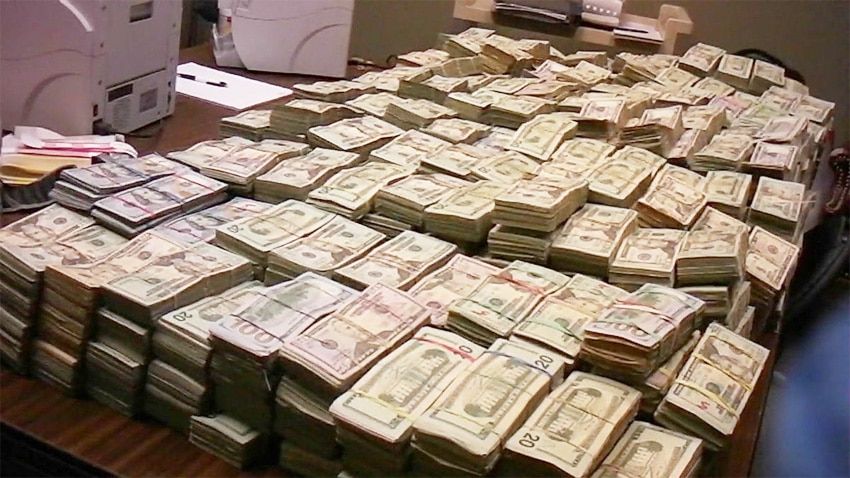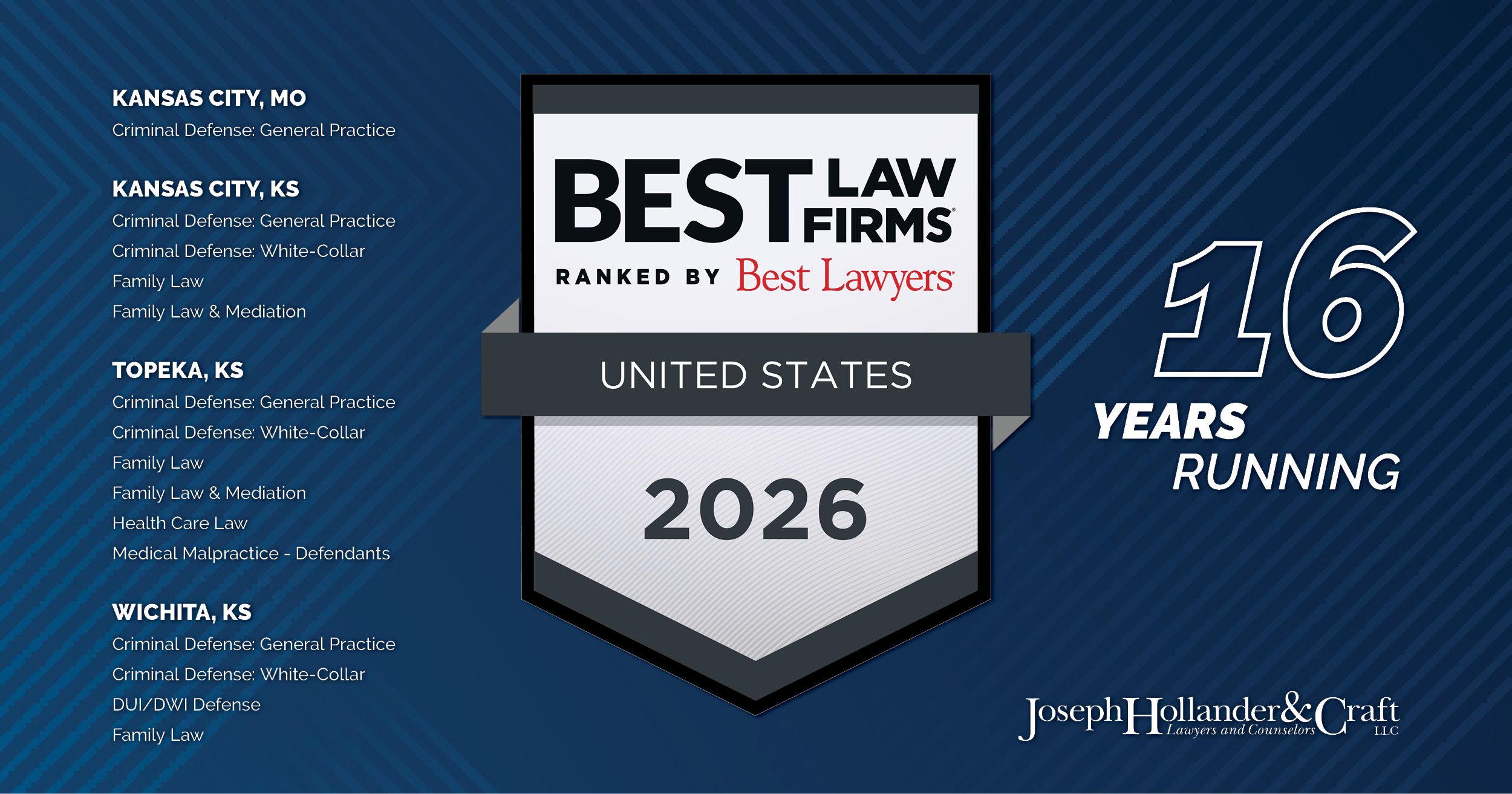Having large amounts of cash is not illegal, but it can easily lead to trouble. Law enforcement officers can seize the cash and try to keep it by filing a forfeiture action, claiming that the cash is proceeds of illegal activity. And criminal charges for the federal crime of “structuring” are becoming more common.
If you deposit or withdraw cash in excess of $10,000, your bank must fill out a currency transaction report (CTR) on a Department of the Treasury Financial Crimes Enforcement Network (FinCEN) Form 104. The person making the deposit or withdraw must provide identification to the bank, and the bank must report details of the transaction as well as the name, address, social security number, and birthdate of the person making the deposit or withdrawal. Multiple deposits made in one day must be added together and will trigger the reporting requirement if, combined, they exceed $10,000.
Bankers are also required to file suspicious transaction reports (STRs). Withdrawing or depositing amounts just under $10,000 often does not succeed in avoiding reports to the government, because STR’s have no dollar limit. A person who withdraws $8,000 three times in a week may trigger the filing of an STR, and that person will not be notified that the STR was filed. Banks are also directed to perform account audits to look for suspicious activity. If the banking activity is not consistent with the “customer’s profile,” banks are directed to file a suspicious activity report (SAR).
Reporting requirements are not limited to banks. Business are also required to report cash transactions over $10,000. Any business (including a sole proprietorship) that receives more than $10,000 in cash in a single transaction or in related transactions must file an IRS Form 8300. If a business or individual fails to file a Form 8300 when required, the business or individual can be fined. The penalty for intentionally disregarding the filing requirement is the greater of $25,000 or the amount of cash received in the transaction not to exceed $100,000.
For any number of reasons, and often not related to illegal activity, people do not like to trigger CTRs for their banking activity. To avoid this, they will make a series of smaller deposits or withdrawals. Doing so constitutes the federal crime of “structuring.” Federal law prohibits anyone from causing or attempting to cause a financial institution or business to fail to file a report. A conviction for structuring, a federal felony, is punished by a sentence of up to five years in prison. The penalty can increase to ten years’ imprisonment if the conviction relates to a pattern of illegal activity involving more than $100,000 in a 12-month period.
There are perfectly legitimate reasons to regularly deposit or withdraw amounts just under $10,000, but police and prosecutors often assume that it is being done to avoid CTR’s. If you are regularly depositing or withdrawing amounts in the thousands of dollars, but under $10,000, you should be proactive and document the reason with a written explanation to your bank. For example, if you own a business that regularly receives cash and your employees deposit receipts daily for the purpose of limiting the amount of cash on the premises, you should create a written policy for your employees, make sure it is followed, and provide a copy to your bank.
For more information about cash transactions, or to discuss your individual situation, contact the attorneys at Joseph, Hollander & Craft.













